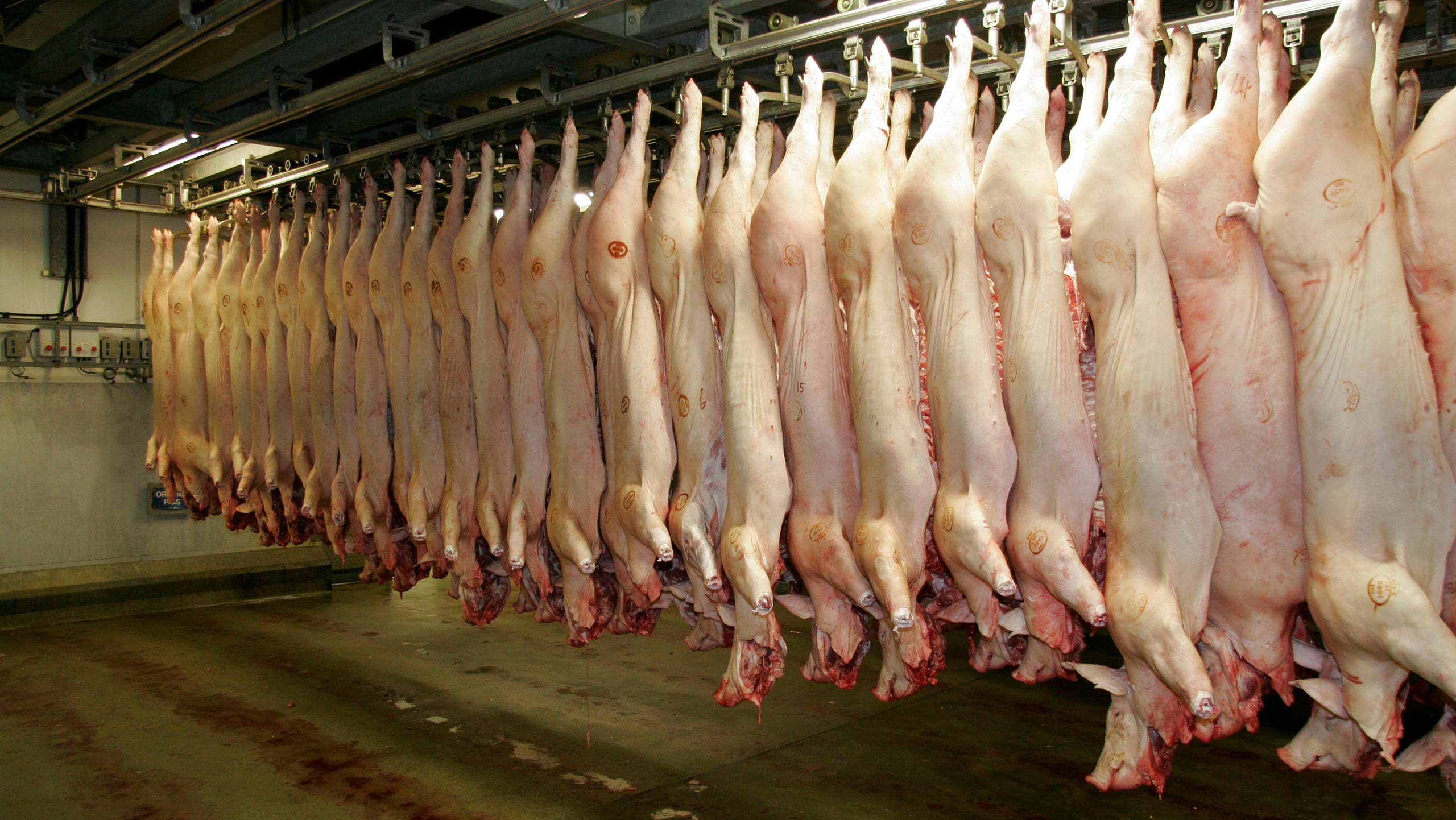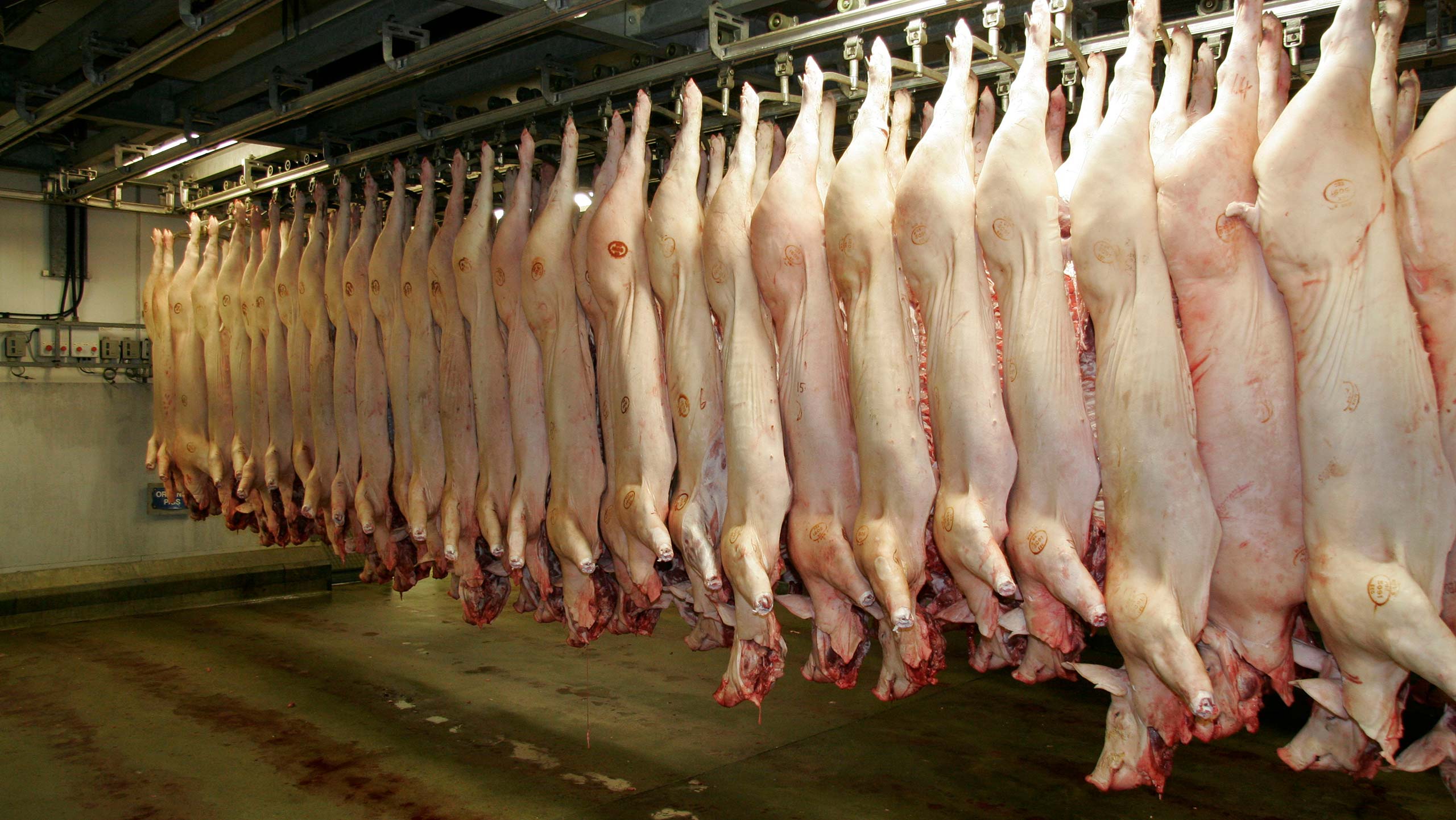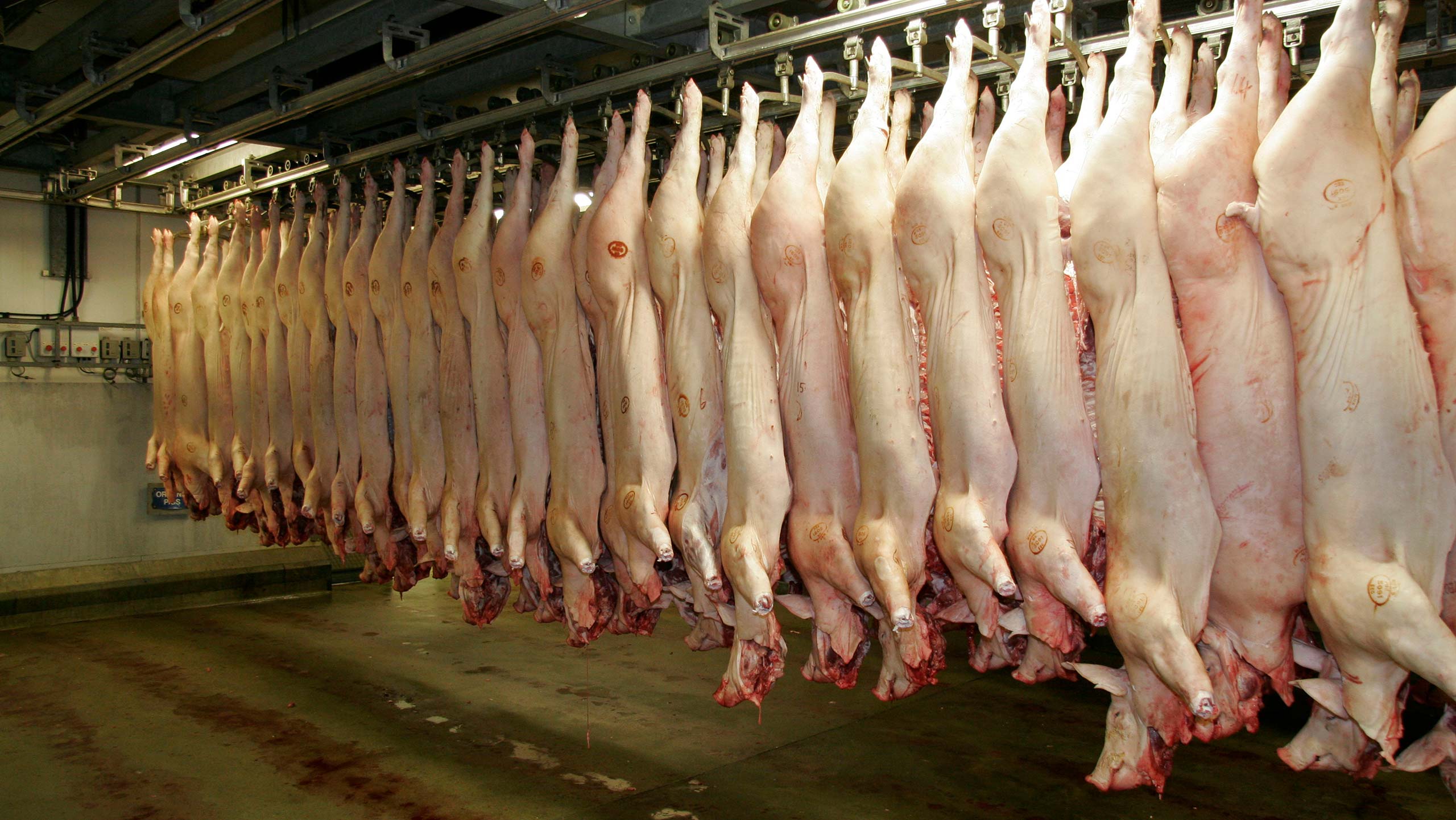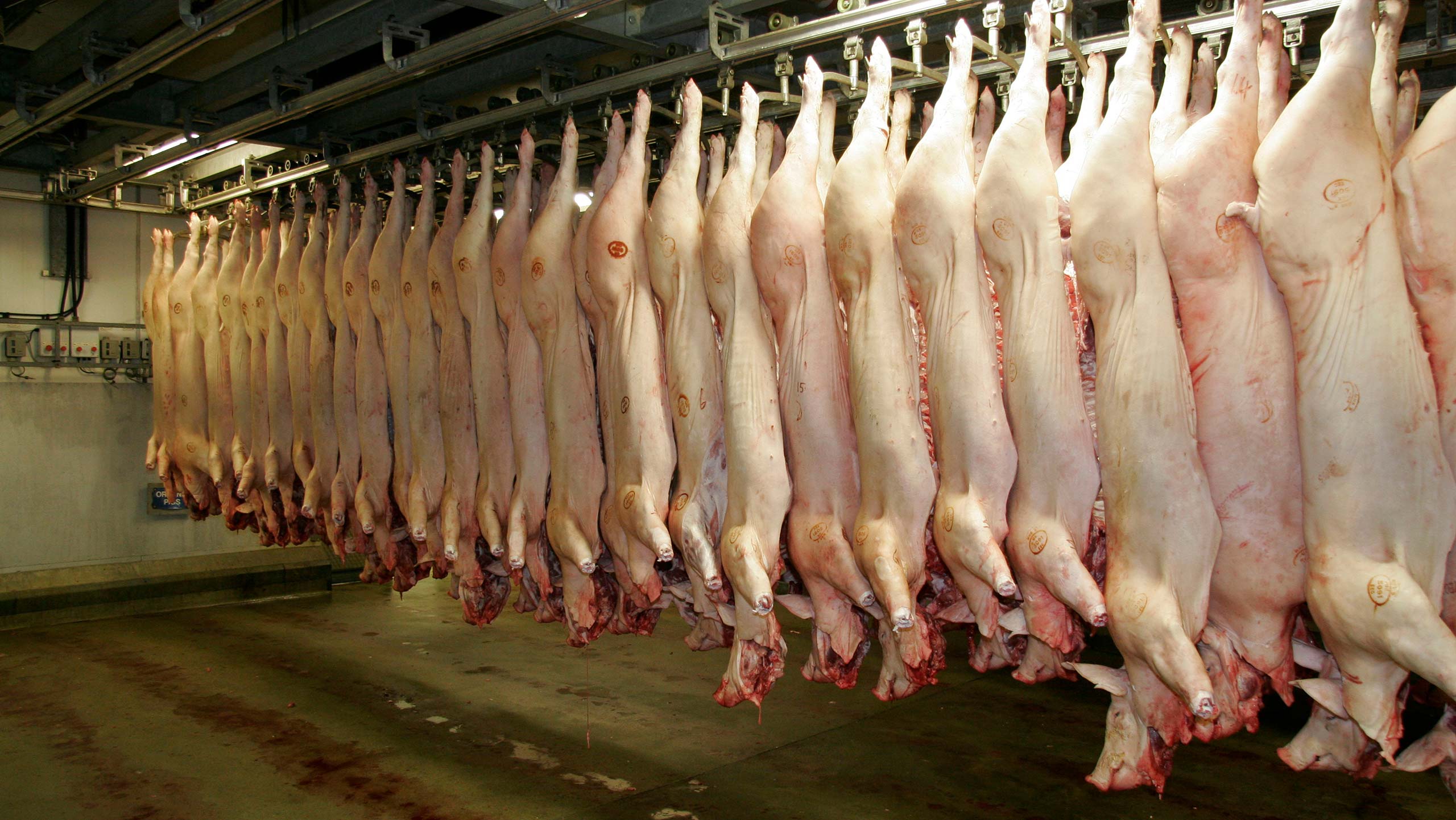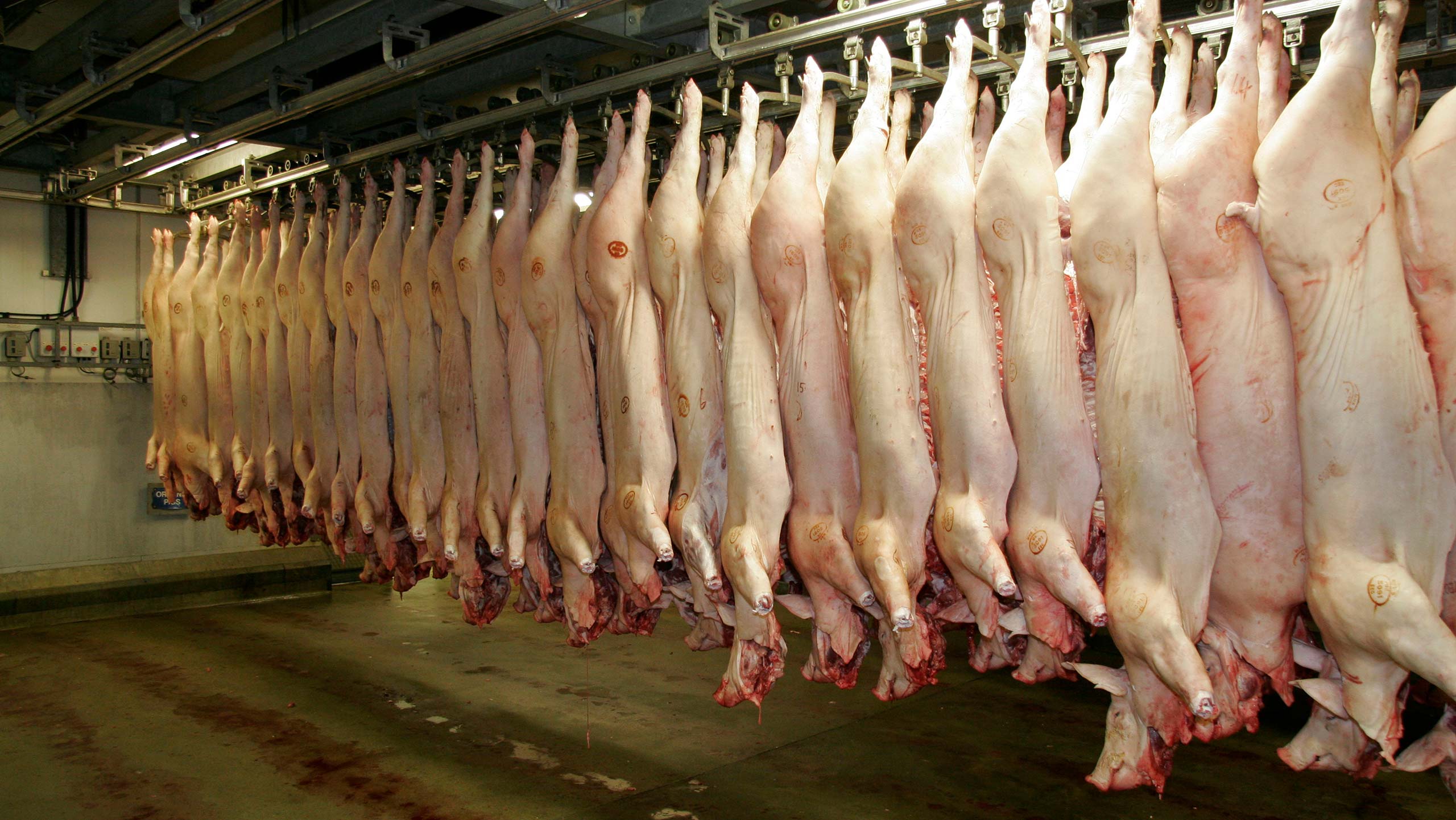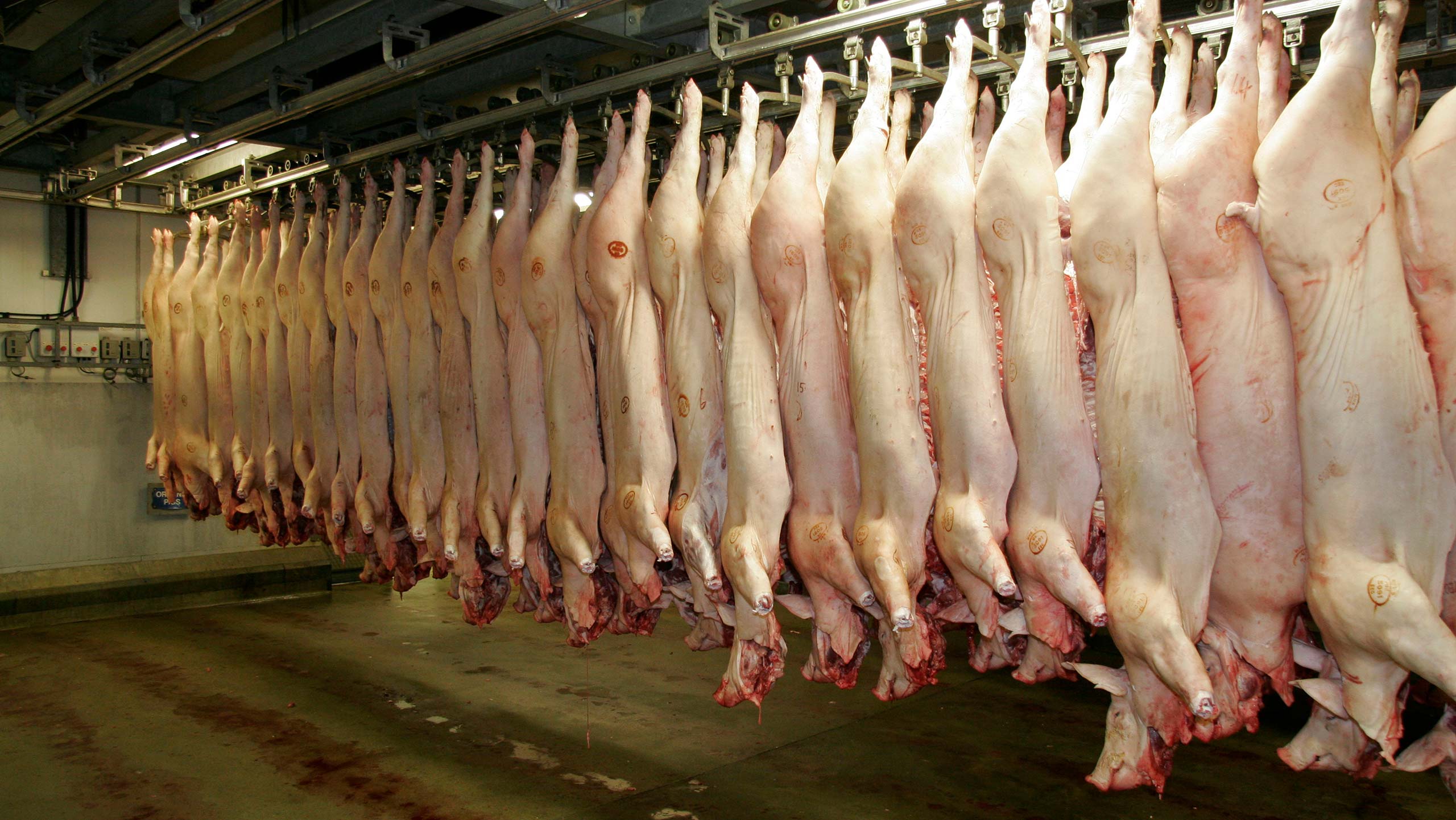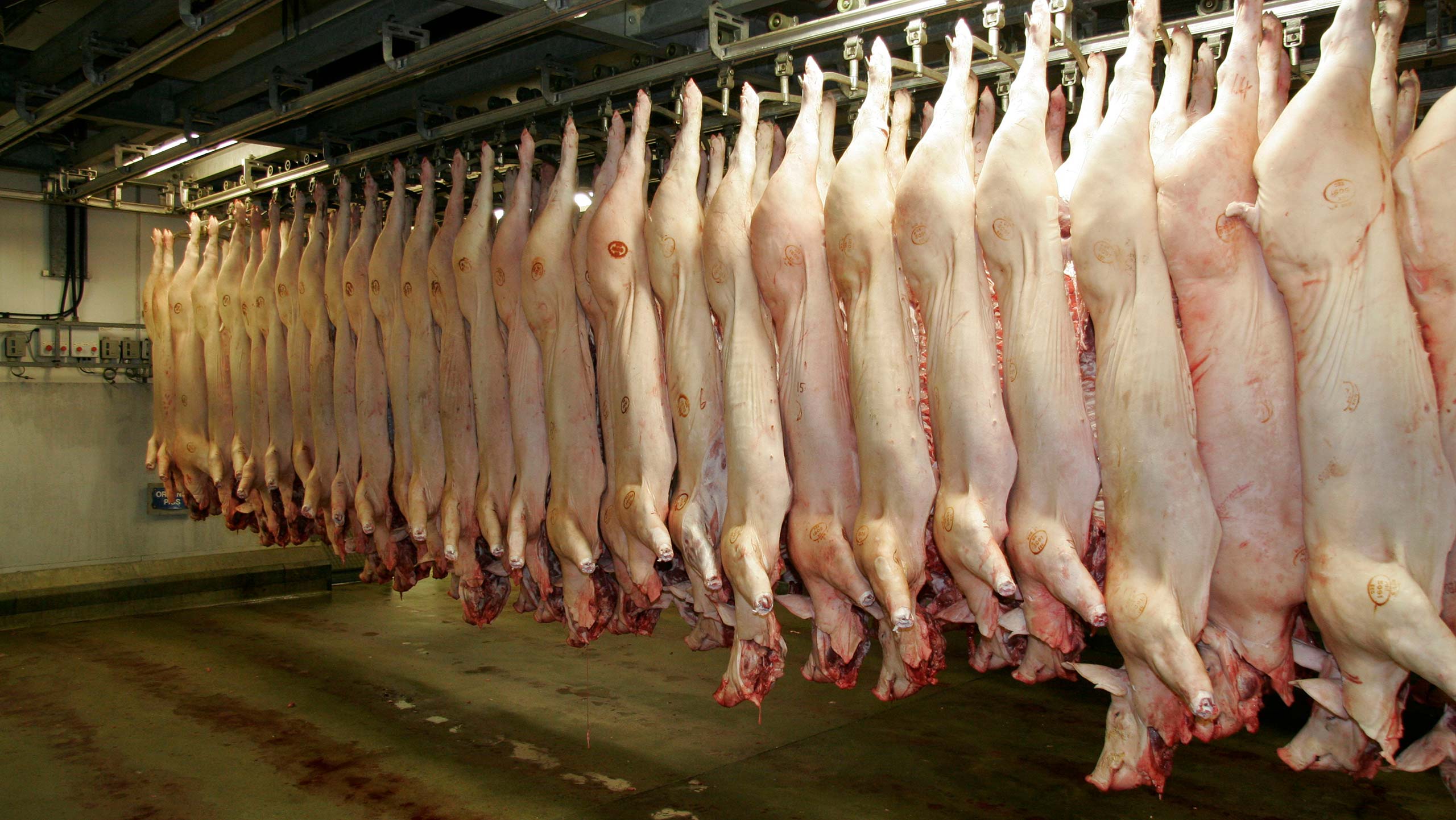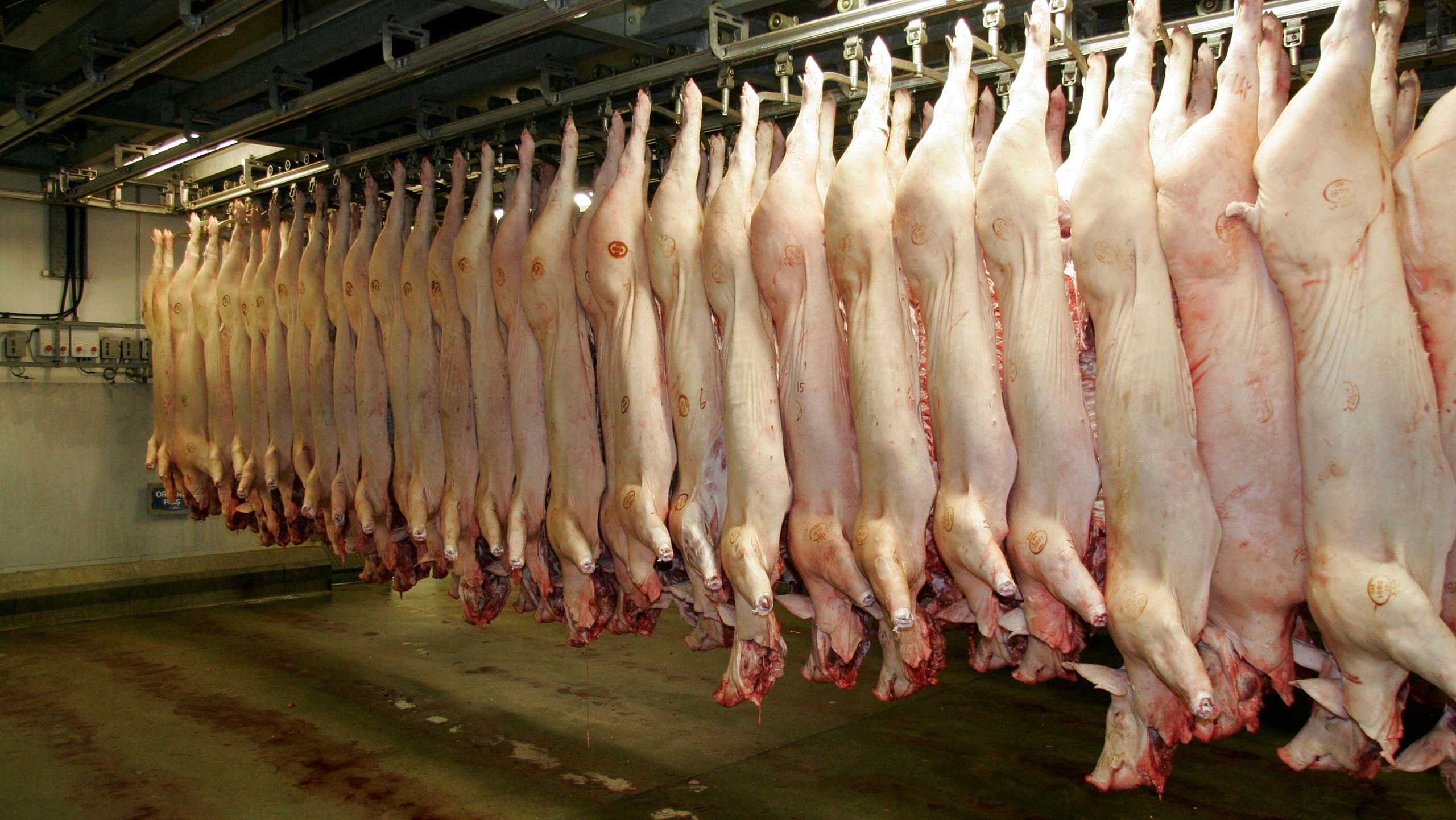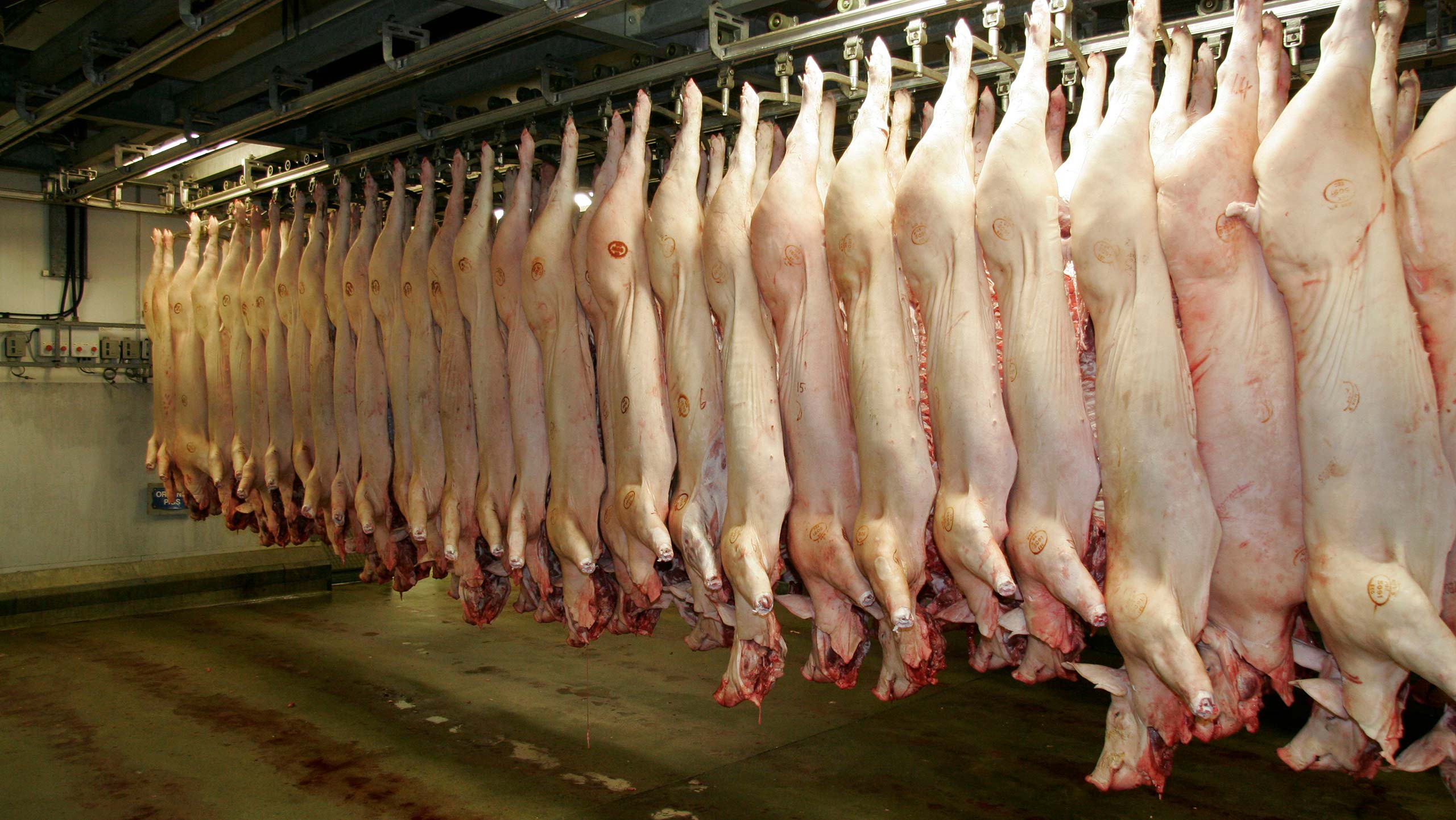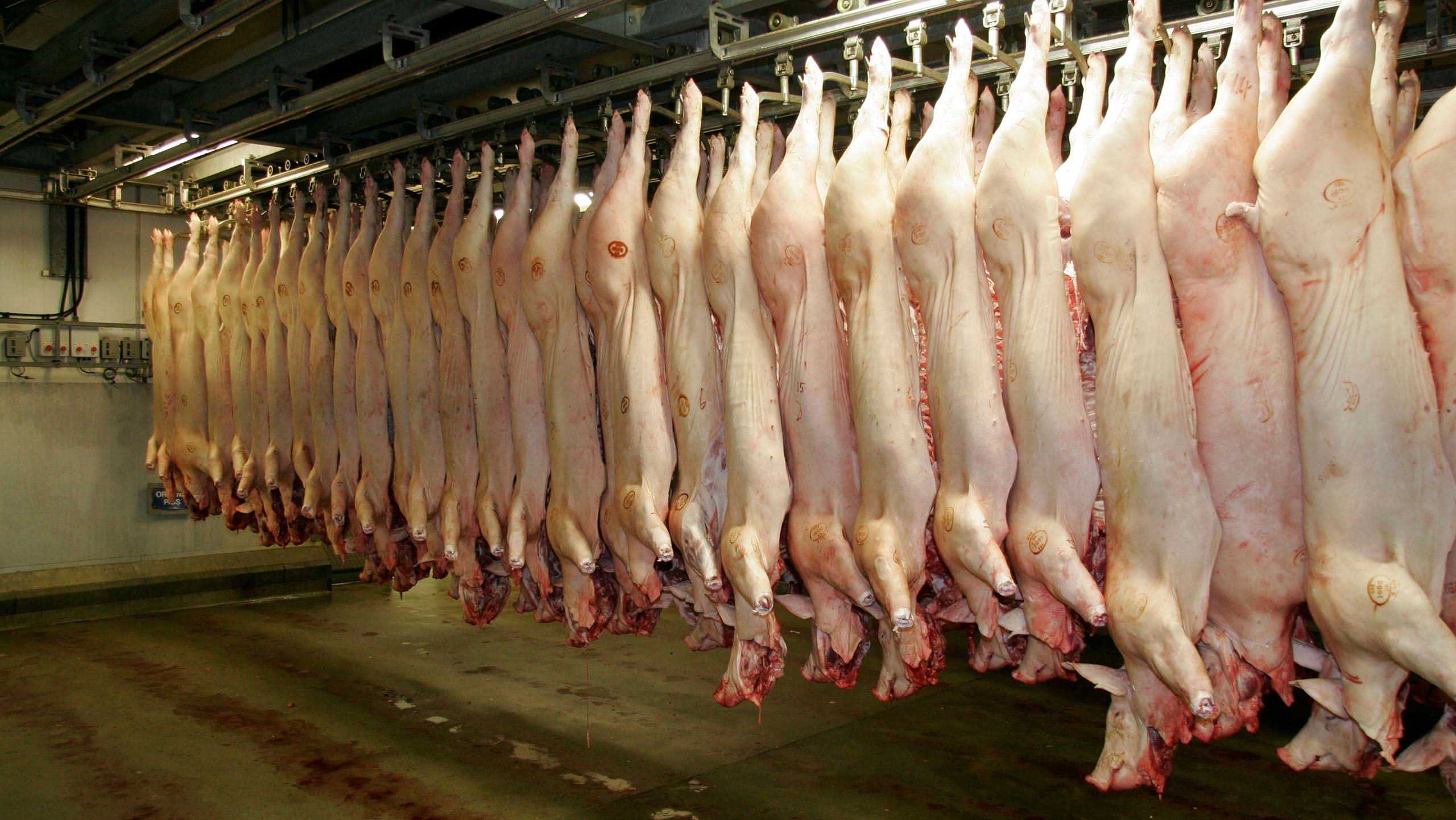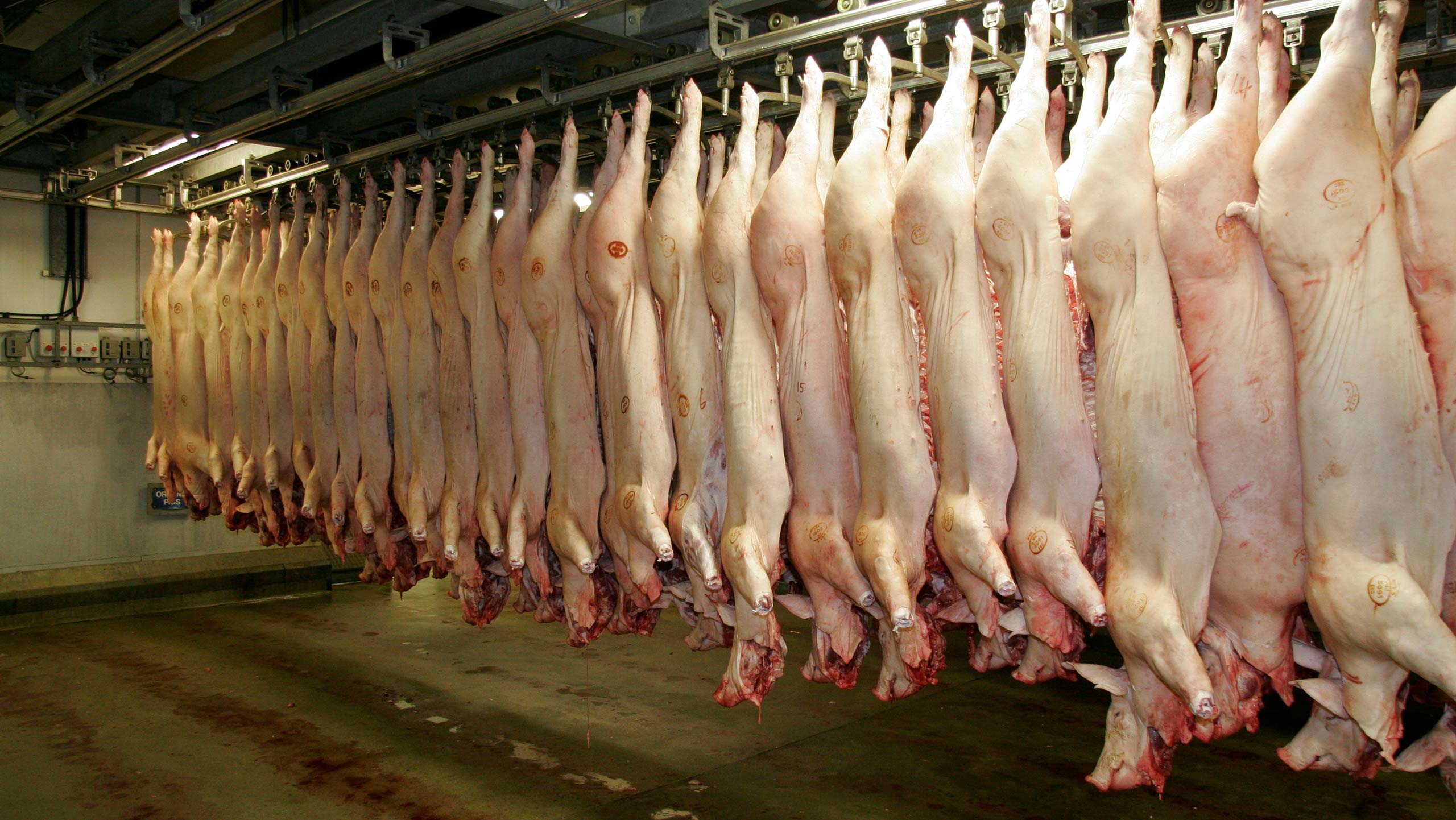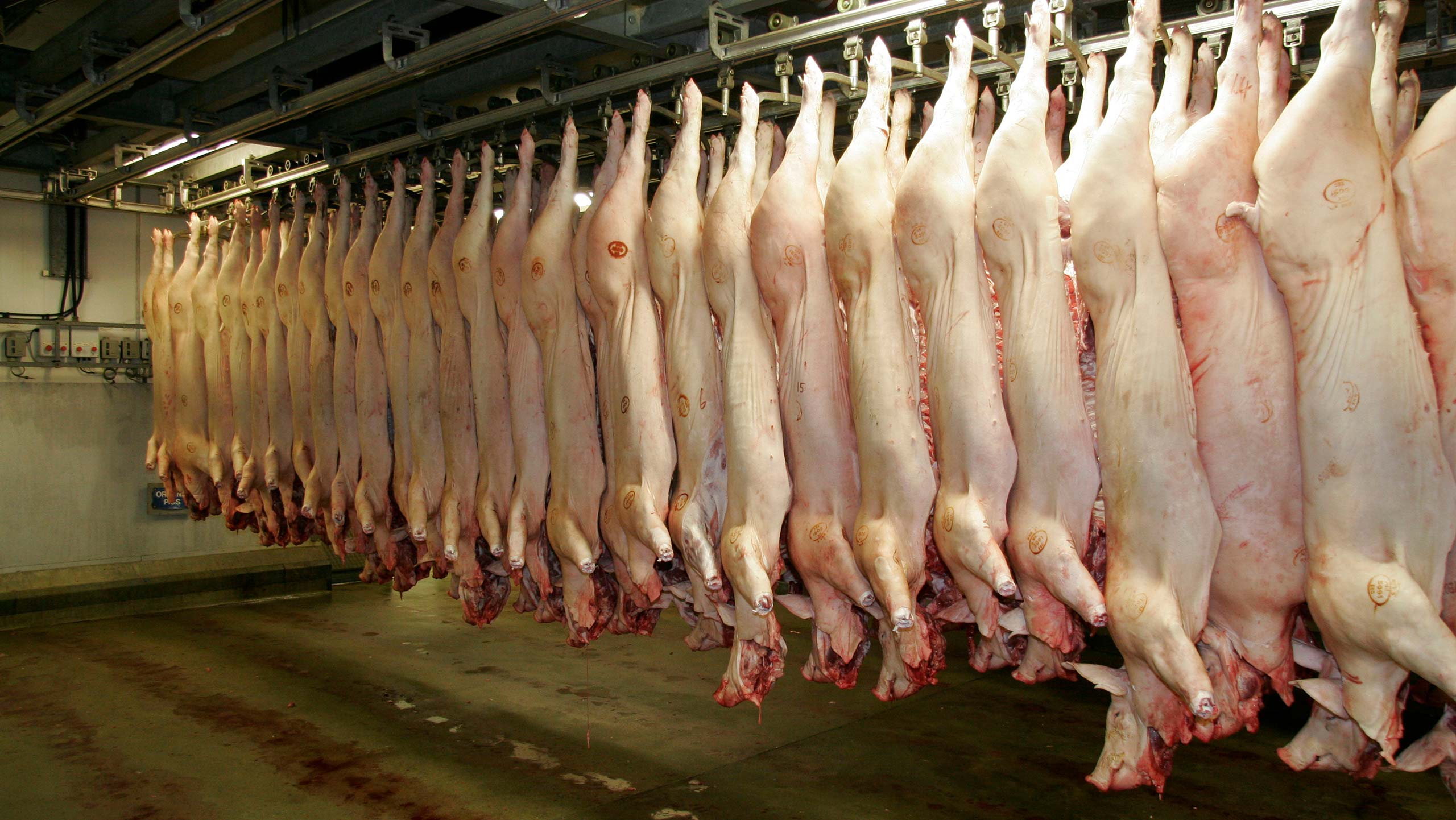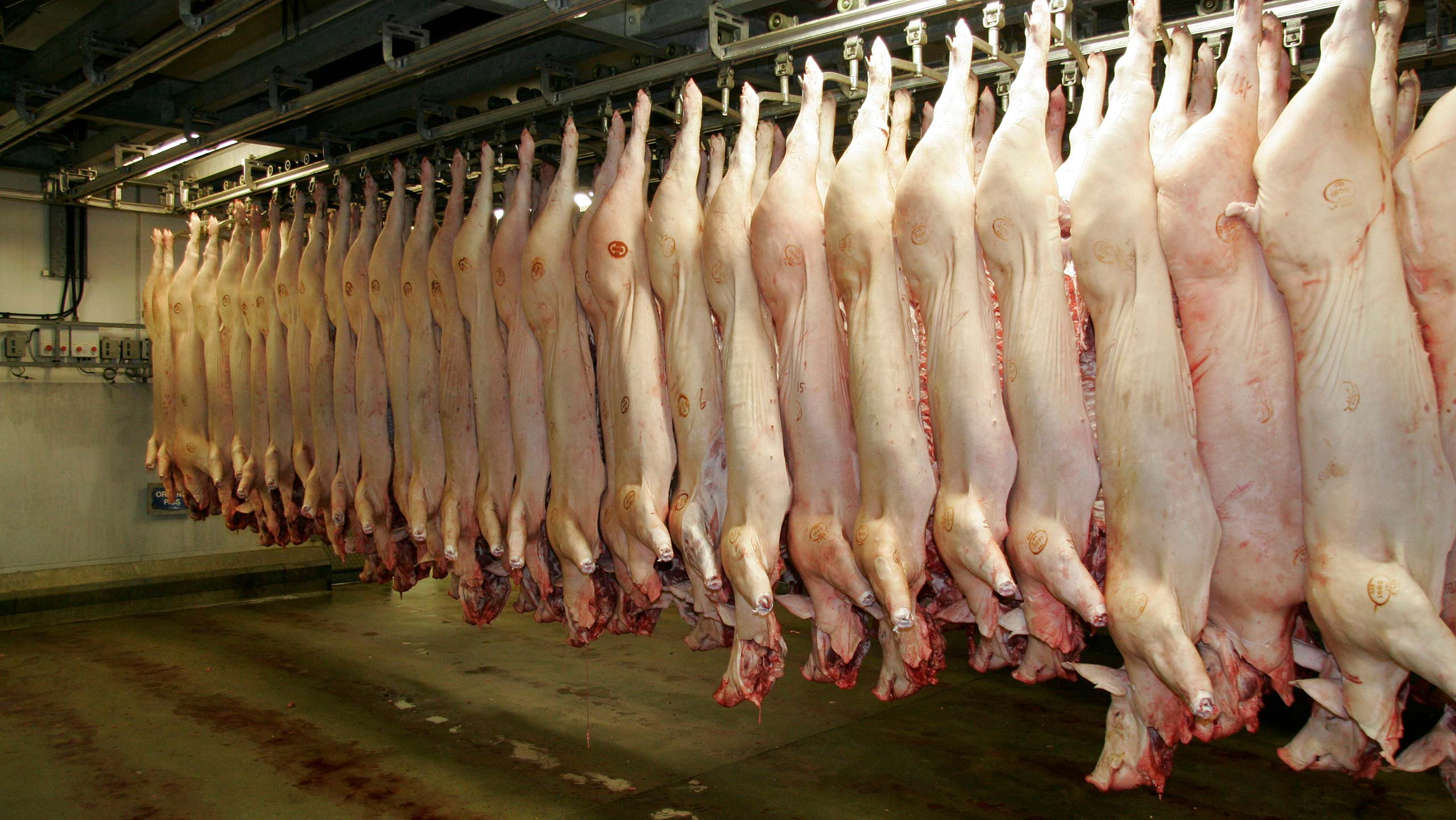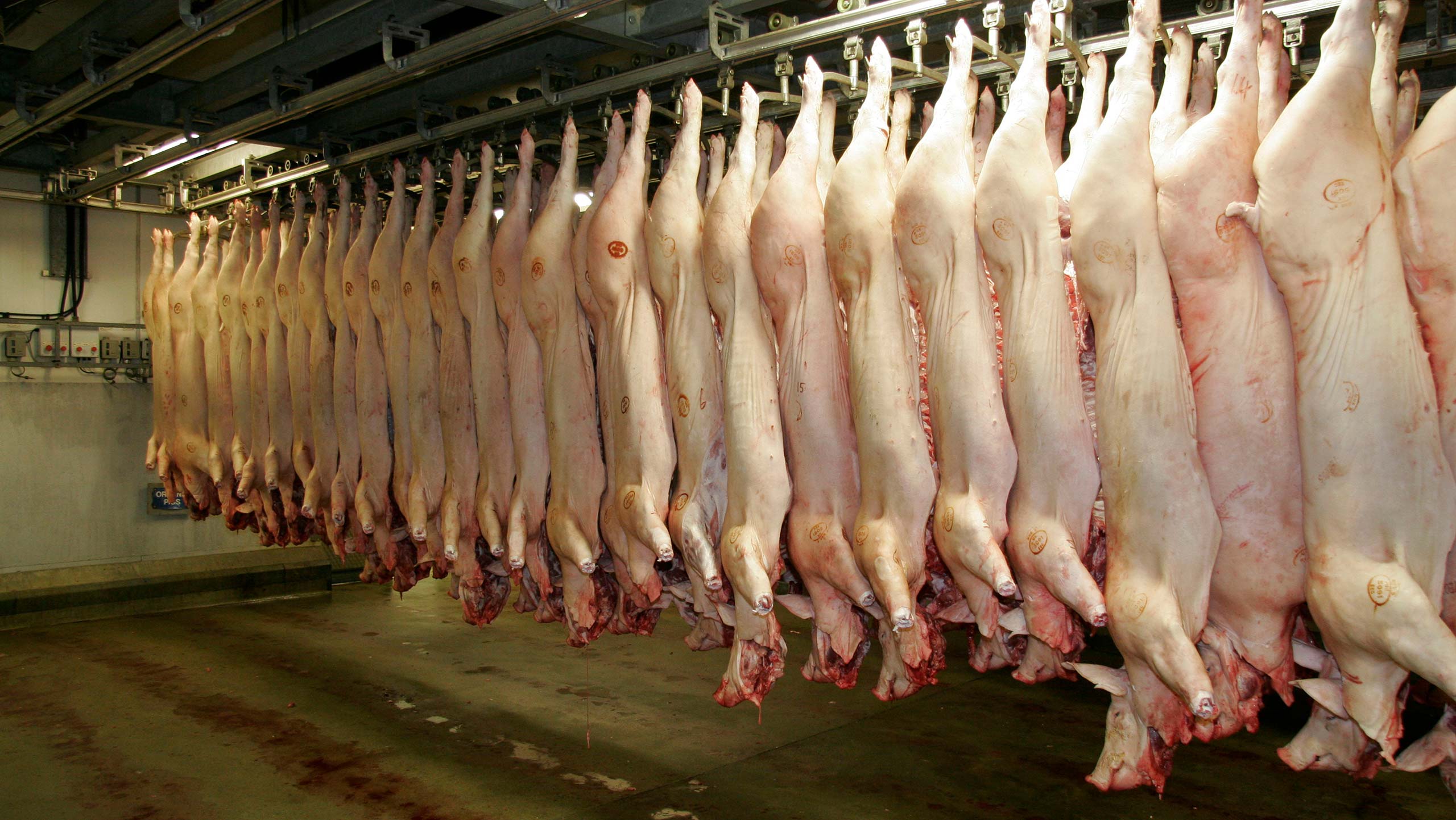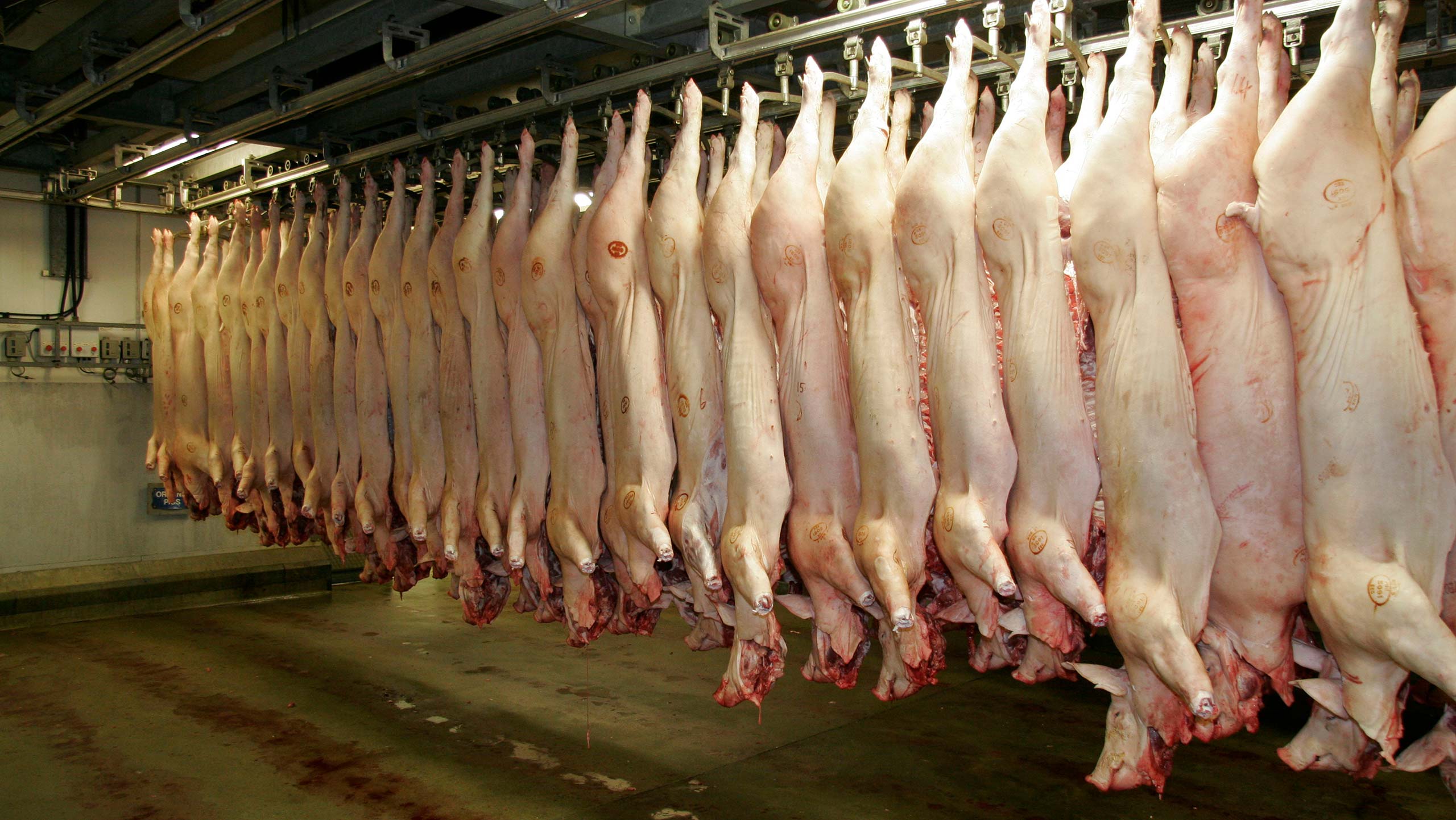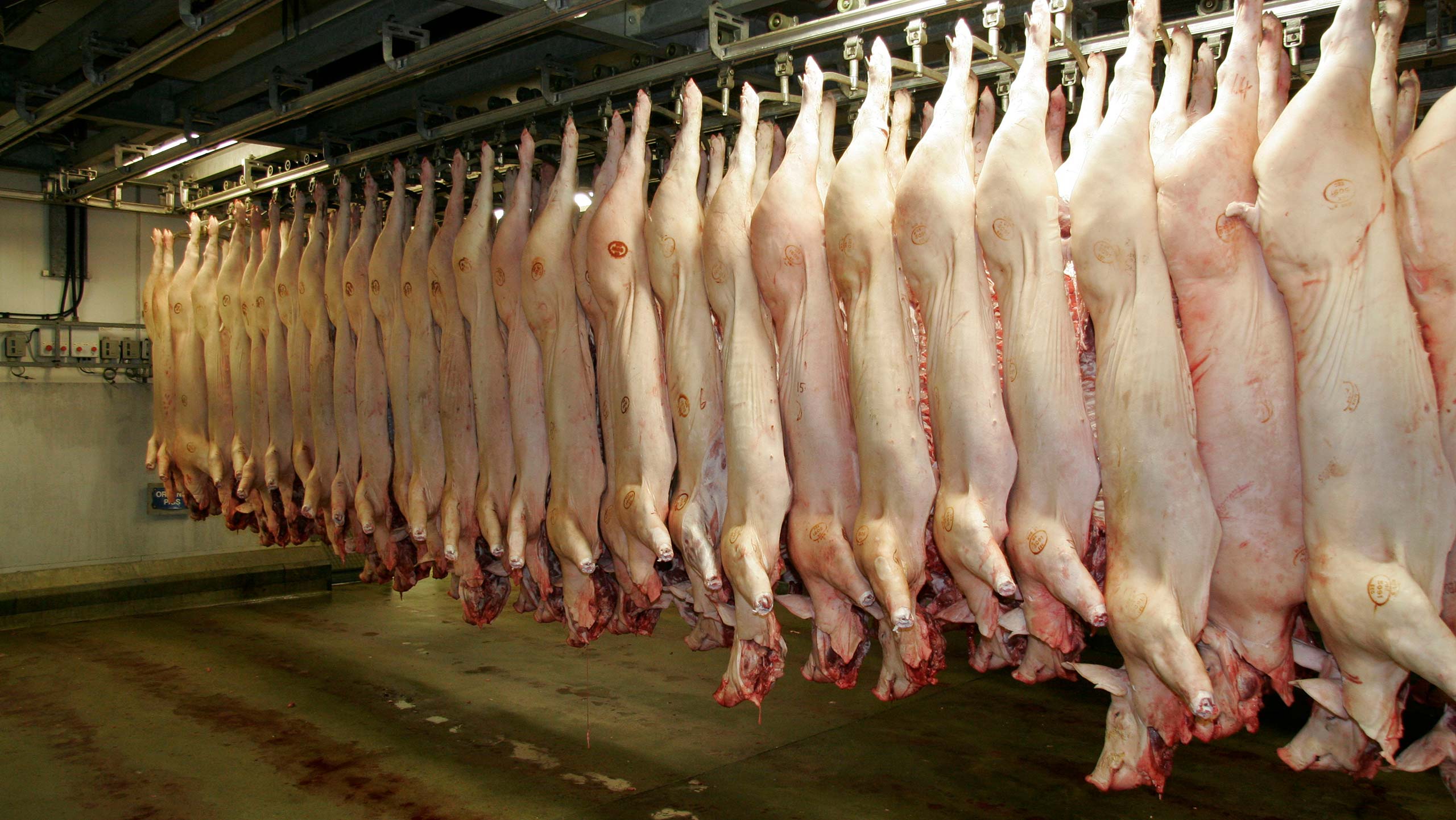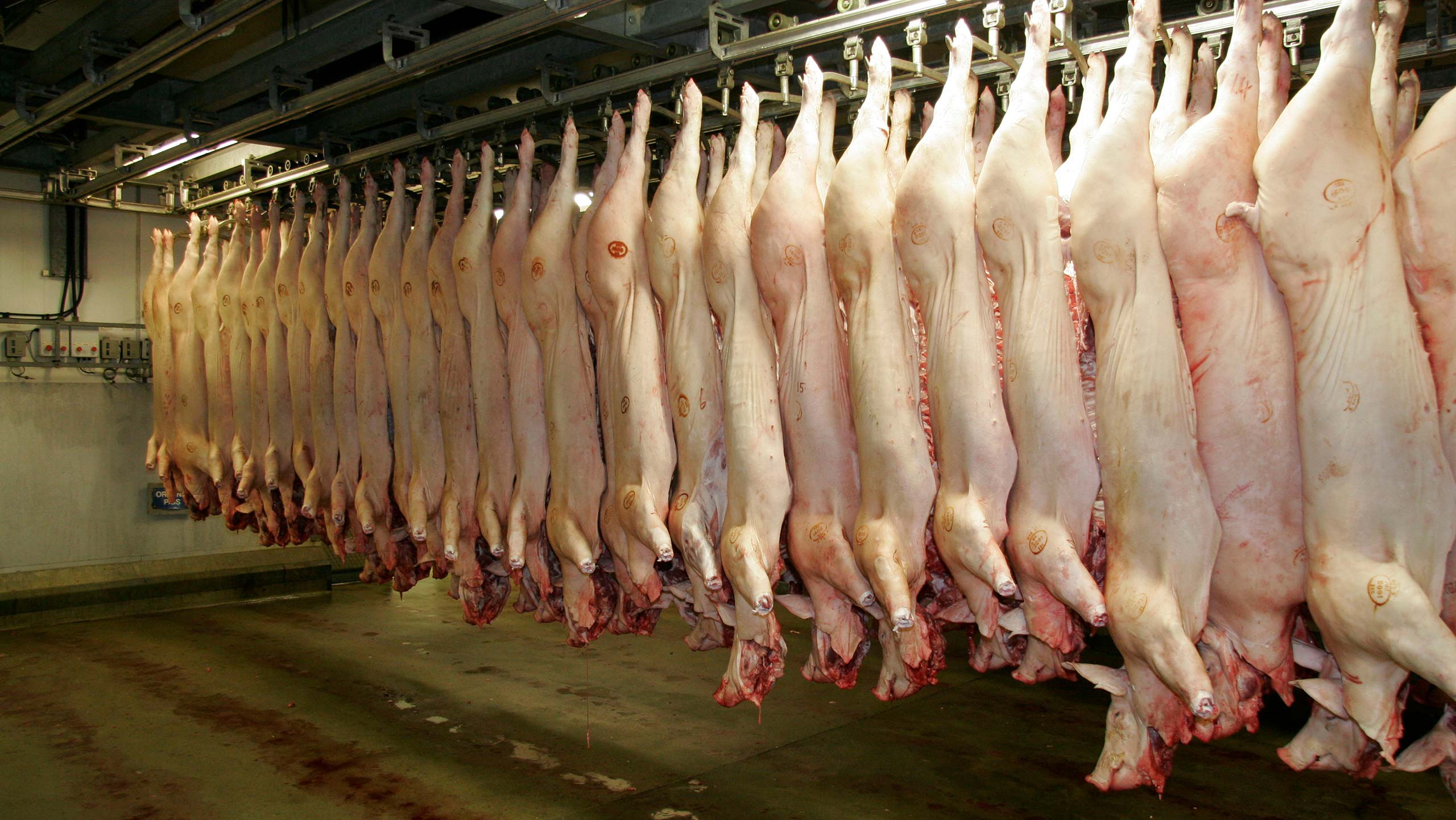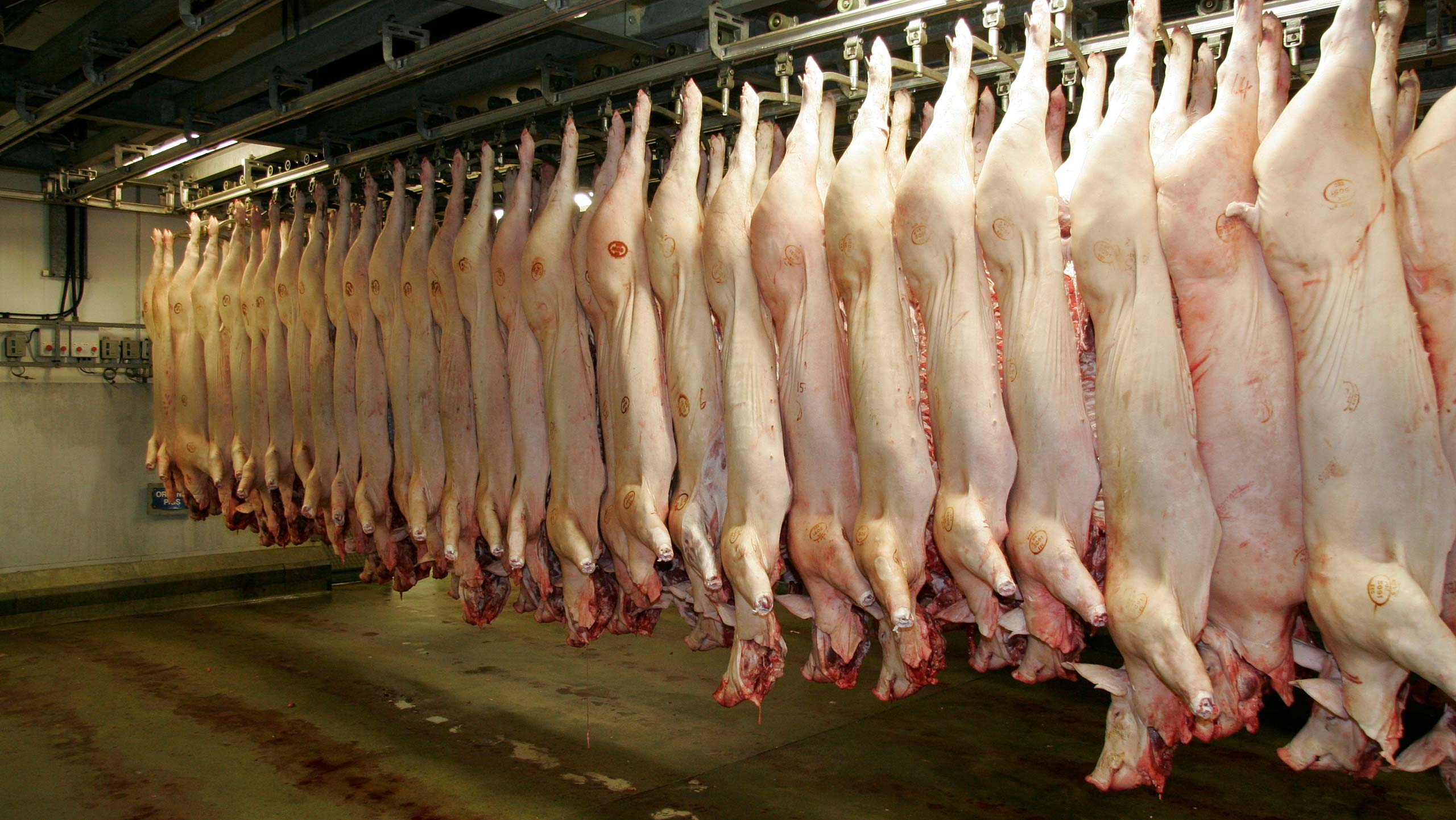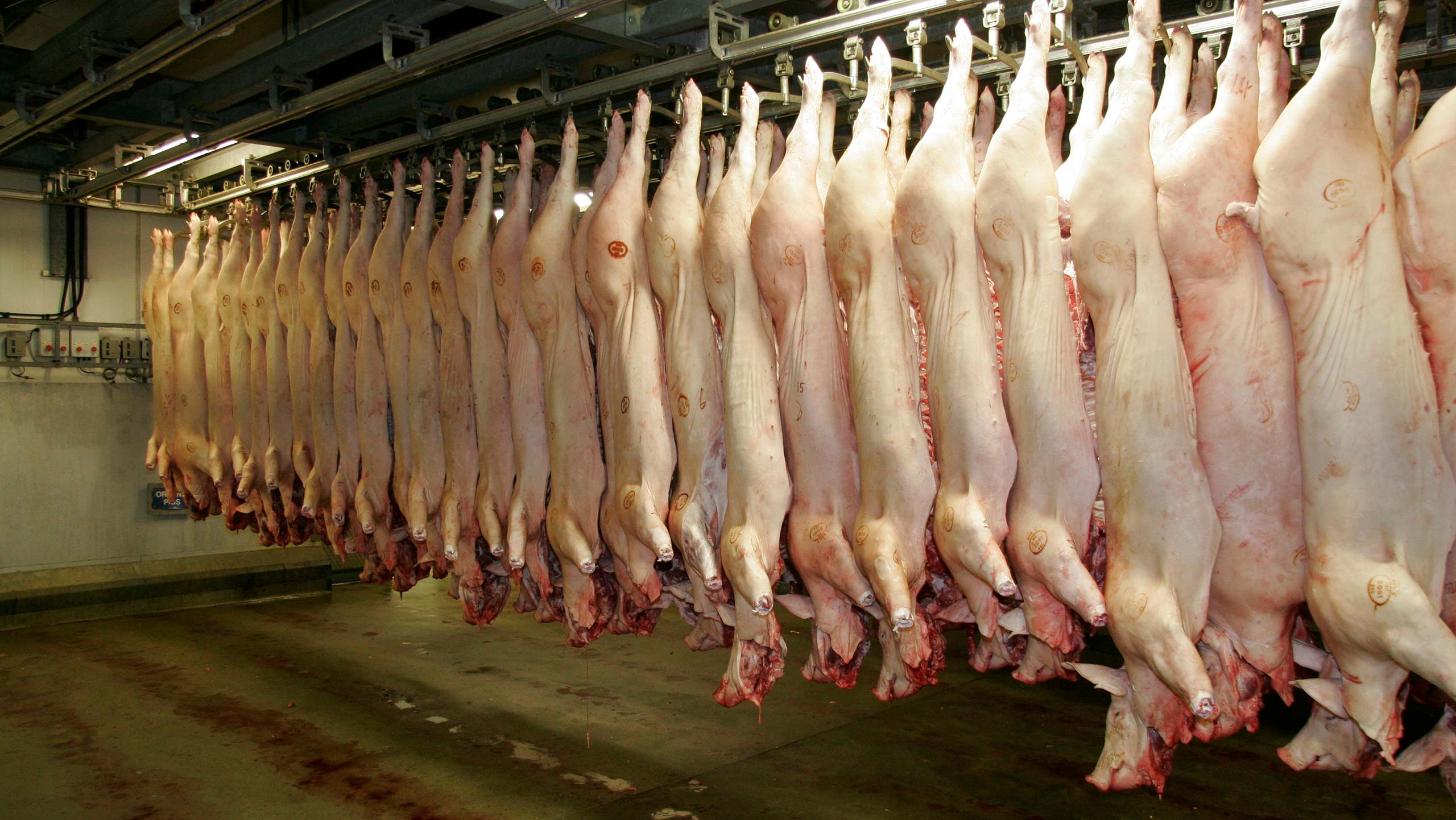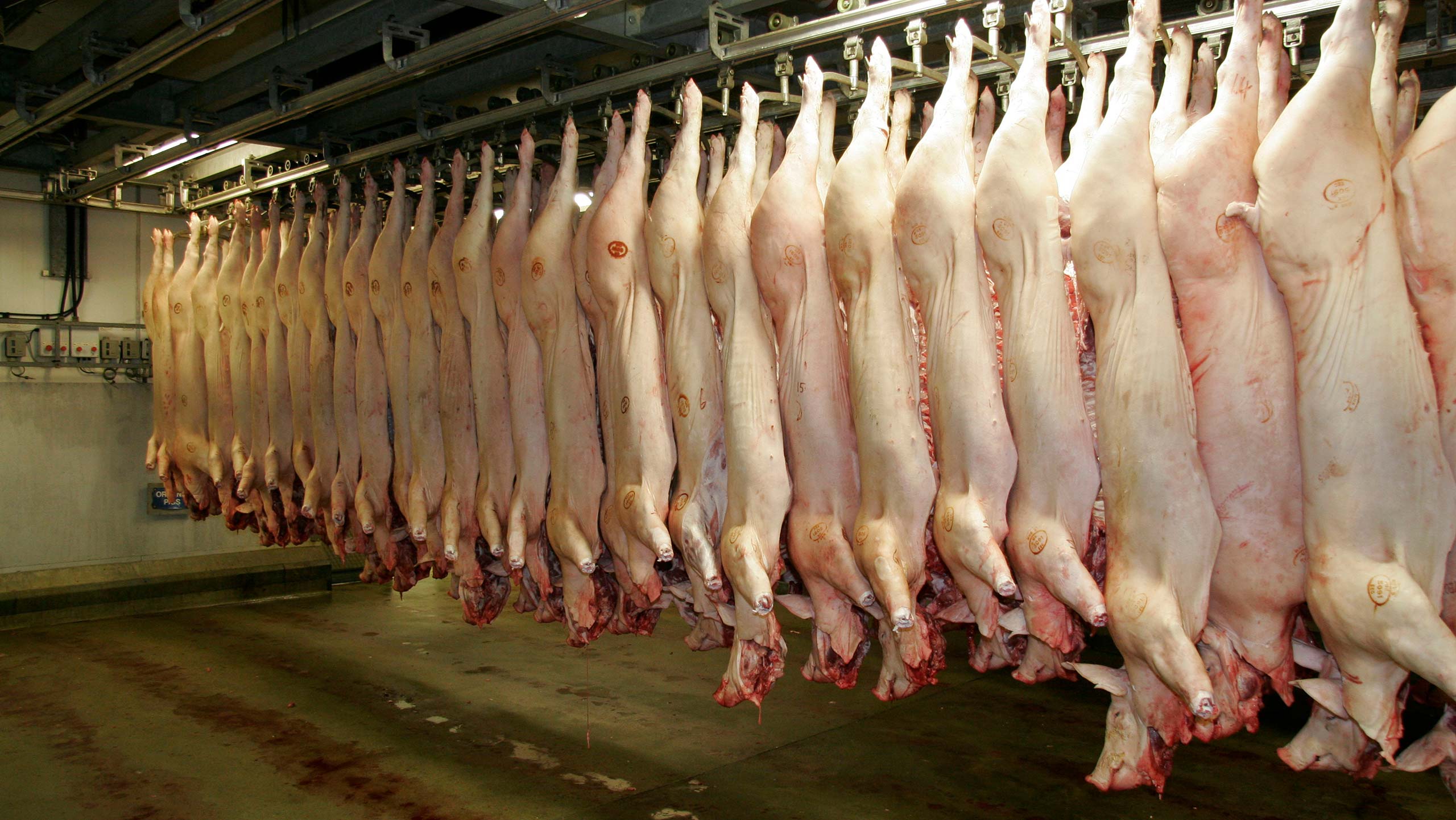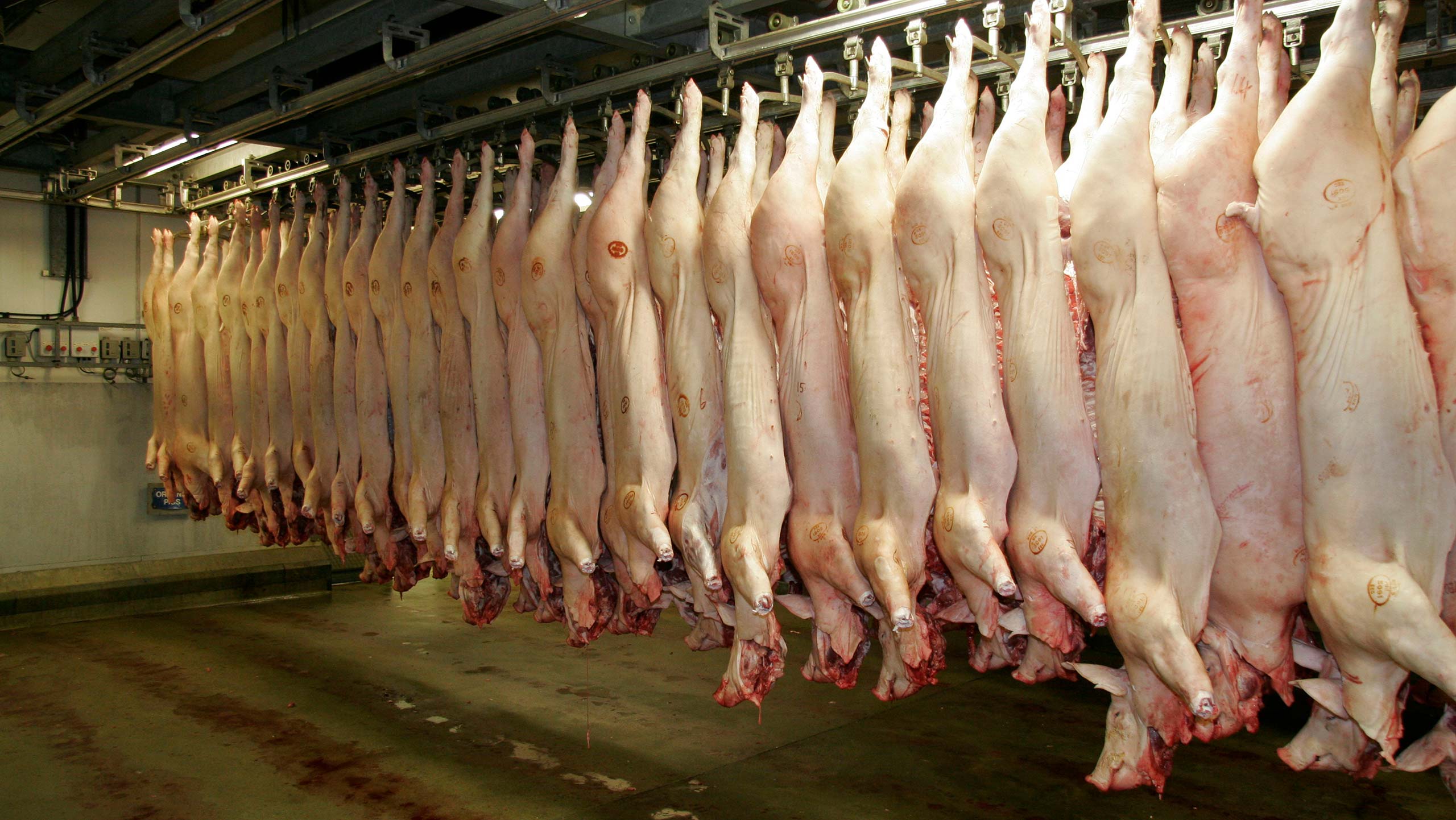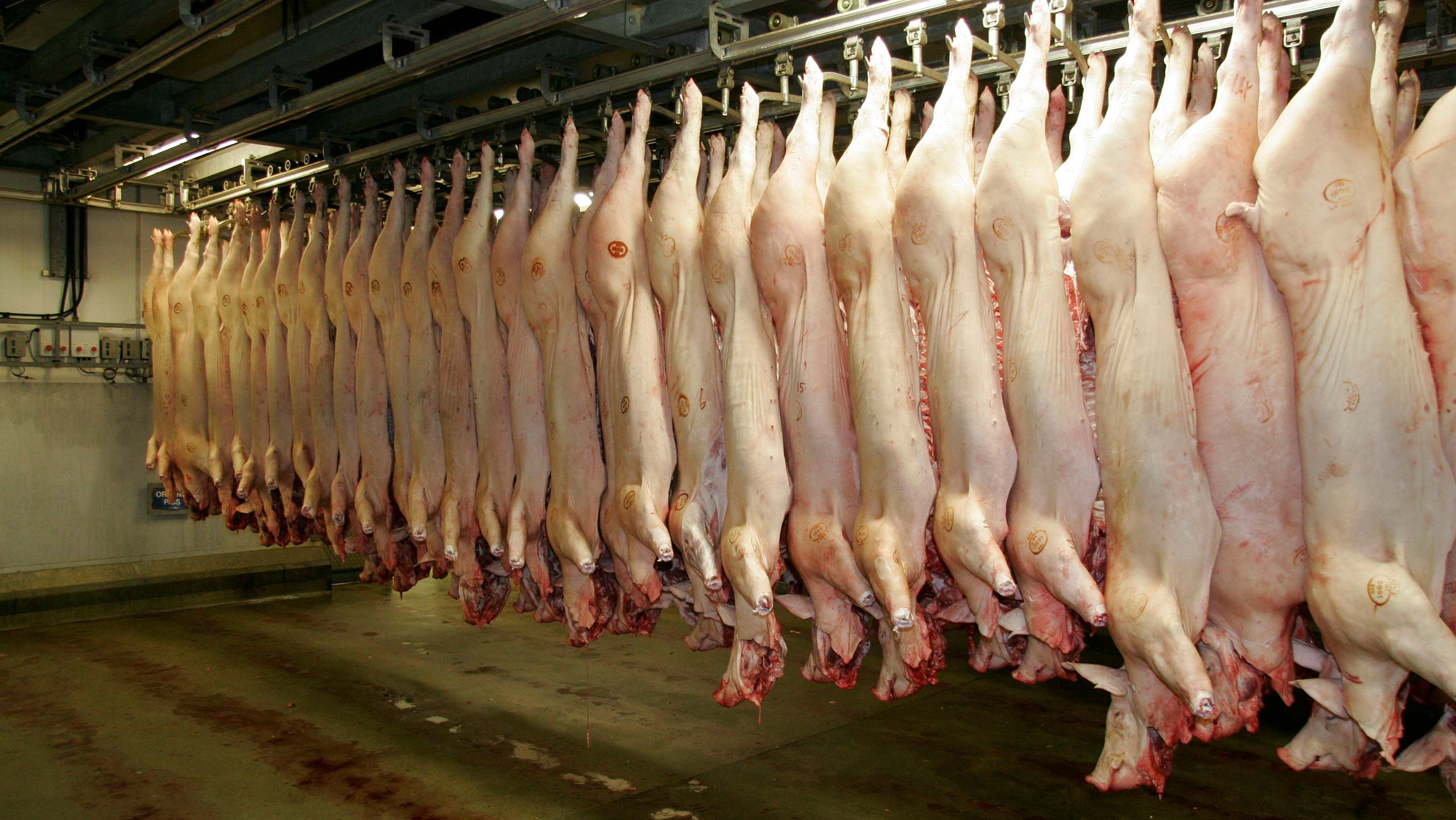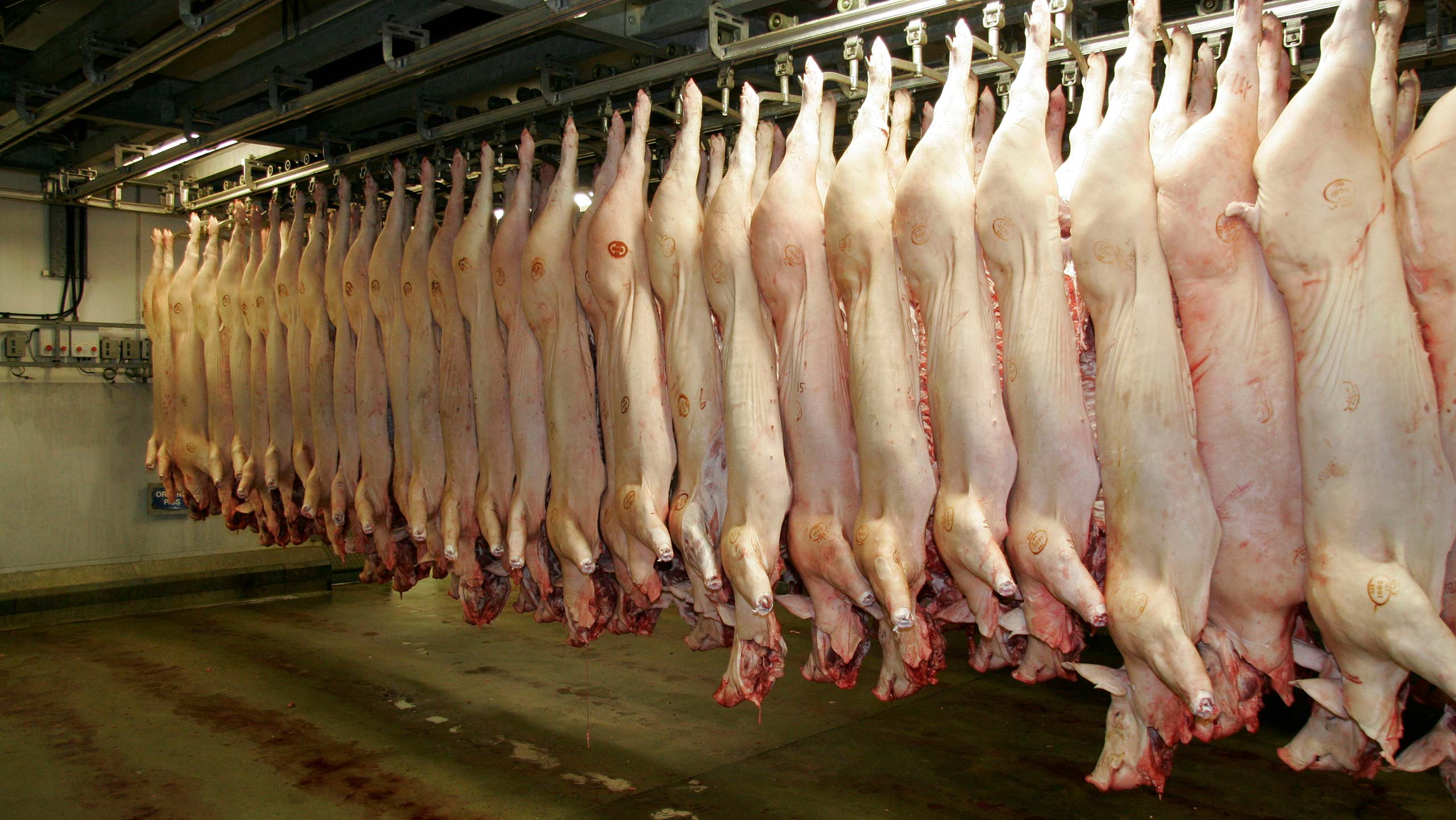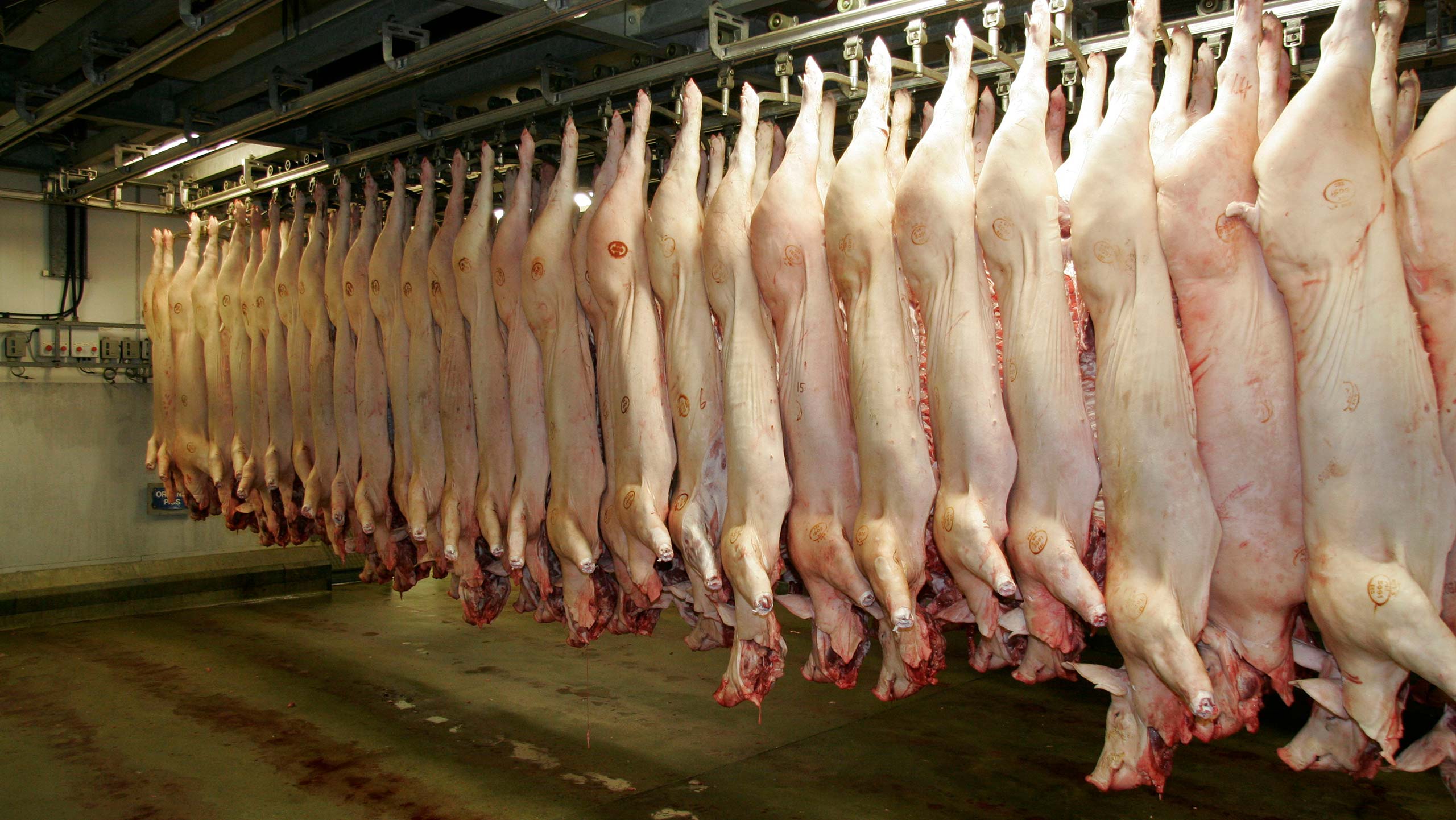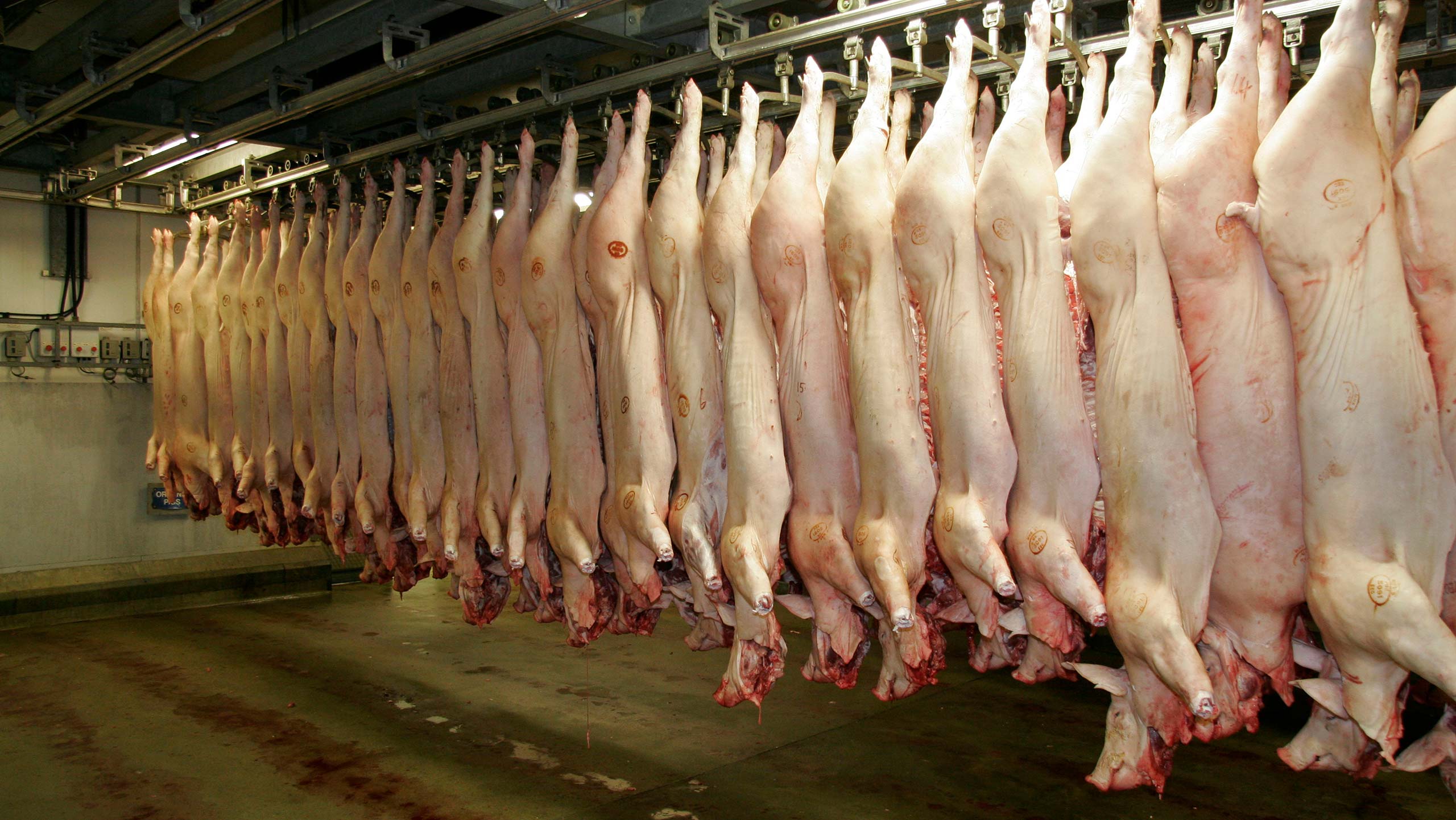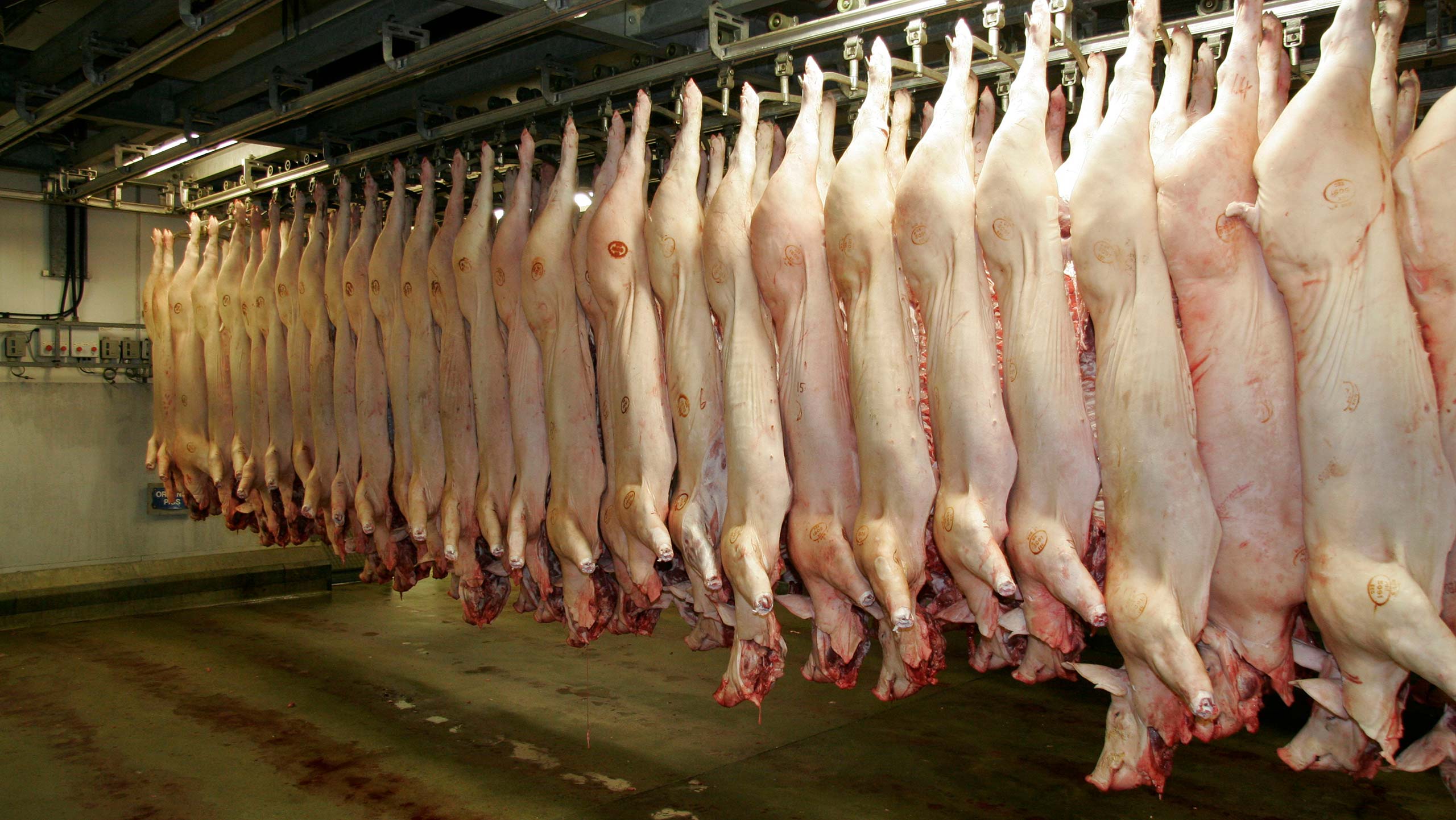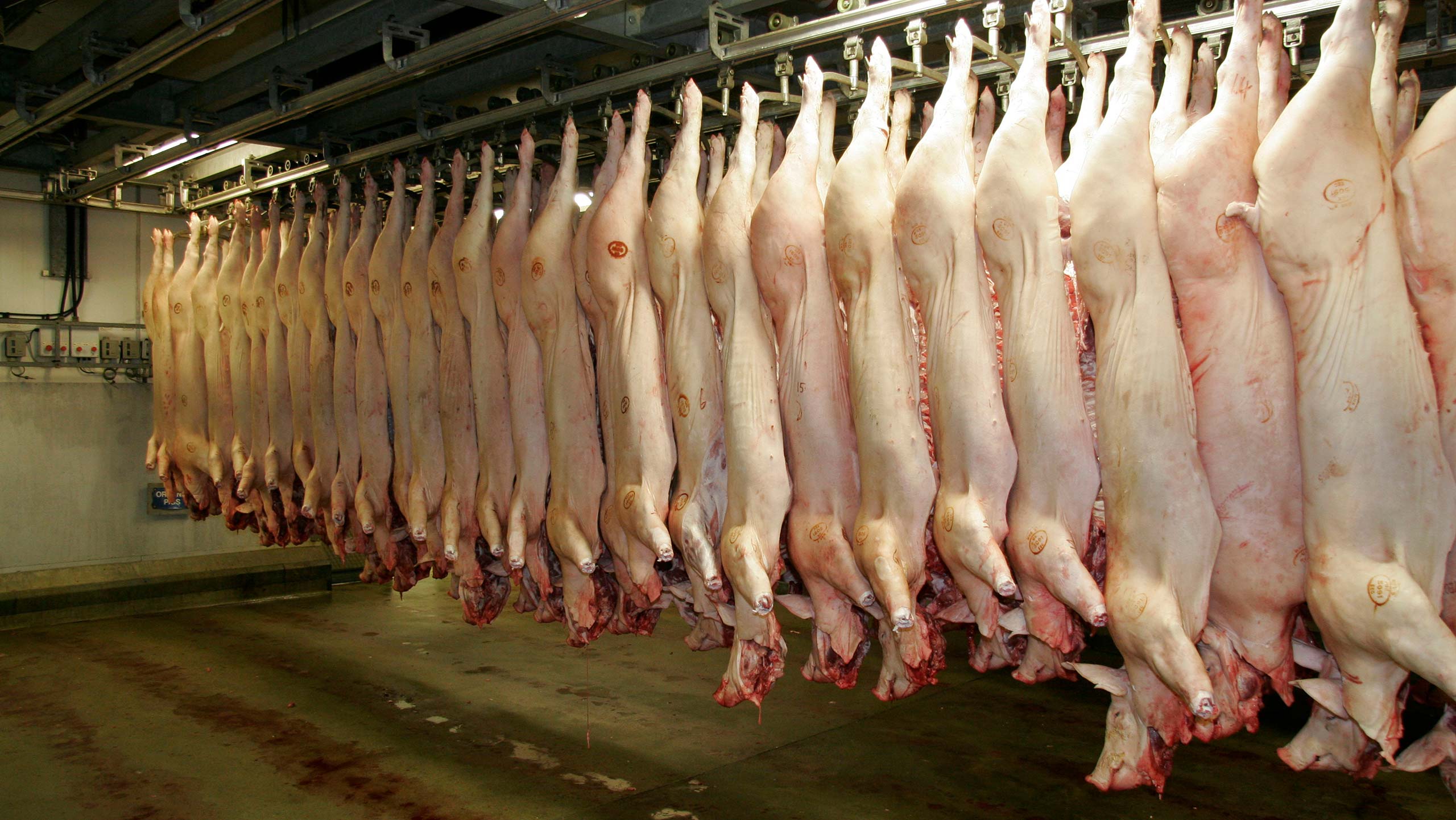When operating an abattoir, maintaining precise temperature control throughout your cold storage facilities isn't just about f…
Abattoir Waste Management Insurance: Comprehensive Protection for Meat Processing Facilities
Abattoirs and meat processing facilities face unique waste management challenges that require specialized insurance coverage. From biological waste disposal to environmental compliance, the risks associated with abattoir operations extend far beyond standard commercial insurance policies. This comprehensive guide explores the critical importance of abattoir waste management insurance and how it protects your meat processing business.
Understanding Abattoir Waste Management Risks
Abattoirs generate various types of waste that pose significant risks:
Biological Waste Risks
- Blood and bodily fluids requiring specialized disposal
- Condemned meat and organs unfit for consumption
- Animal by-products with potential disease transmission risks
- Contaminated packaging and processing materials
Environmental Compliance Risks
- Strict regulations governing waste disposal methods
- Water treatment and discharge requirements
- Air quality standards for rendering operations
- Soil contamination from improper waste handling
Operational Waste Challenges
- High-volume waste generation requiring frequent collection
- Temperature-controlled waste storage requirements
- Specialized transportation for hazardous materials
- Documentation and traceability obligations
Key Components of Abattoir Waste Management Insurance
Environmental Liability Coverage
This essential component protects against pollution incidents and environmental damage caused by waste management failures. Coverage includes cleanup costs, third-party claims, and regulatory fines resulting from environmental contamination.
Waste Disposal Liability
Protects against claims arising from improper waste disposal, including contamination of land, water sources, or air quality. This coverage extends to off-site disposal locations and transportation incidents.
Regulatory Compliance Protection
Covers fines, penalties, and legal costs associated with breaches of waste management regulations. This includes Food Standards Agency violations, Environment Agency penalties, and local authority enforcement actions.
Business Interruption Coverage
Provides financial protection when waste management issues force operational shutdowns. This includes lost revenue during facility closures for environmental cleanup or regulatory investigations.
Third-Party Liability
Protects against claims from neighboring properties, communities, or downstream users affected by waste management incidents. This includes property damage, health claims, and business interruption suffered by third parties.
Professional Indemnity for Waste Consultants
If your facility employs waste management consultants or provides advice to other businesses, professional indemnity coverage protects against claims of inadequate or incorrect guidance.
Industry-Specific Considerations
Rendering Operations
Facilities with on-site rendering face additional risks from high-temperature processing, odor emissions, and concentrated waste volumes. Insurance must account for these specialized operations.
Export Processing
Abattoirs processing meat for export face additional regulatory requirements and potential international liability exposures that require specialized coverage.
Organic Certification
Facilities with organic certification face unique waste management requirements that could impact certification status if not properly managed.
Risk Management Best Practices
Waste Segregation Systems
Implement comprehensive waste segregation at source to minimize cross-contamination and ensure appropriate disposal methods for different waste streams.
Staff Training Programs
Regular training ensures all personnel understand waste handling procedures, emergency protocols, and regulatory requirements.
Documentation and Traceability
Maintain detailed records of waste generation, storage, transportation, and disposal to demonstrate compliance and support insurance claims.
Regular Audits and Inspections
Conduct internal audits and engage third-party inspectors to identify potential issues before they become costly problems.
Emergency Response Planning
Develop comprehensive emergency response procedures for waste-related incidents, including spill response, evacuation protocols, and regulatory notification requirements.
Choosing the Right Insurance Provider
Industry Expertise
Select insurers with specific experience in abattoir operations and understanding of the unique waste management challenges faced by meat processing facilities.
Regulatory Knowledge
Ensure your insurer understands current and evolving regulations affecting abattoir waste management, including environmental, health, and food safety requirements.
Claims Support
Look for insurers offering specialized claims handling for environmental incidents, including access to environmental consultants and remediation specialists.
Risk Assessment Capabilities
Choose providers offering comprehensive risk assessment services to identify potential exposures and recommend appropriate coverage levels.
Cost Factors and Coverage Limits
Facility Size and Throughput
Larger facilities with higher throughput typically face higher premiums due to increased waste volumes and potential exposure levels.
Waste Types and Volumes
The variety and volume of waste streams directly impact premium calculations, with higher-risk wastes commanding higher rates.
Location Factors
Proximity to sensitive environmental areas, residential communities, or water sources affects risk assessment and pricing.
Claims History
Previous environmental incidents or regulatory violations significantly impact premium costs and coverage availability.
Regulatory Compliance Framework
Environmental Permits
Maintain current environmental permits and ensure waste management practices comply with permit conditions.
Food Standards Agency Requirements
Comply with FSA regulations regarding animal by-product disposal and rendering operations.
Local Authority Regulations
Understand and comply with local waste management requirements, including collection schedules and approved disposal facilities.
Health and Safety Obligations
Ensure waste management practices comply with HSE requirements for worker safety and public health protection.
Common Exclusions and Limitations
Gradual Pollution
Many policies exclude gradual pollution incidents, making it crucial to understand coverage triggers and reporting requirements.
Criminal Acts
Intentional violations of environmental regulations are typically excluded from coverage.
Pre-Existing Contamination
Pollution existing before policy inception is usually excluded, highlighting the importance of environmental site assessments.
Certain Waste Types
Some policies may exclude specific waste types or disposal methods, requiring careful policy review.
Claims Process and Support
Immediate Notification
Understand policy requirements for immediate notification of potential claims or environmental incidents.
Emergency Response
Many insurers provide 24/7 emergency response support for environmental incidents, including access to specialized cleanup contractors.
Regulatory Interface
Experienced insurers can assist with regulatory communications and compliance during claim resolution.
Business Continuity Support
Look for insurers offering business continuity support to minimize operational disruption during claim resolution.
Future Considerations
Evolving Regulations
Stay informed about changing environmental and waste management regulations that may affect coverage requirements.
Technology Advances
New waste processing technologies may create new risks or opportunities for improved risk management.
Sustainability Initiatives
Increasing focus on sustainability may drive new regulatory requirements and insurance considerations.
Climate Change Impacts
Extreme weather events may affect waste management operations and require additional coverage considerations.
Conclusion
Abattoir waste management insurance is essential protection for meat processing facilities facing complex environmental and regulatory challenges. By understanding the unique risks associated with abattoir operations and selecting appropriate coverage, facility operators can protect their business while ensuring compliance with environmental and health regulations.
The key to effective coverage lies in working with experienced insurers who understand the abattoir industry and can provide comprehensive protection tailored to your specific operations. Regular review of coverage limits, risk management practices, and regulatory compliance ensures your insurance program remains effective as your business evolves.
For specialized advice on abattoir waste management insurance, contact Insure24 at 0330 127 2333. Our experienced team understands the unique challenges facing meat processing facilities and can help design comprehensive coverage to protect your business.


 0330 127 2333
0330 127 2333
